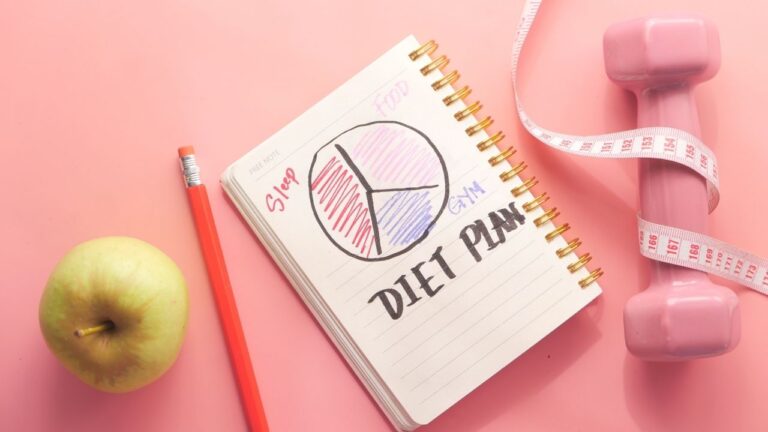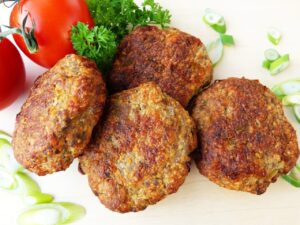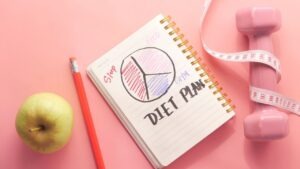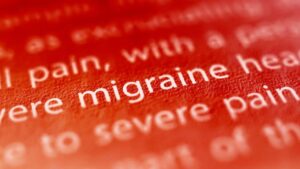THE 3-DAY MILITARY DIET: IS IT SAFE AND EFFECTIVE? (PLUS, A MEAL PLAN)

Military diet plan involves a 3-day restricted meal plan that limit calorie intake followed by 4-days off with considerably higher calorie to achieve
the ideal weight. The diet plan involves low-calorie food from breakfast to dinner and the cycle continues for 3-days.
A rush to lose weight faster is a common thing today, and the military diet seems to fit the bill for this goal by allowing adherents to lose 10 pounds (4.5 kg) of weight in one week. Experts agree that following a military diet plan can help an individual lose weight fast. Still, it isn’t easy to maintain, with some even saying it could lead to exponential weight gain after you are off the diet. It seems to be relatively cheap with no expensive foods or supplements to buy and take a short period.
How Does A Military Diet Plan Help in Weight Loss?
Since it takes a short duration, it revolves around a drastic reduction of caloric intake in three days followed by a four-day off diet. Some people practice this diet occasionally, while others chose to implement it for a month at a time. The military diet website suggests that practicing the diet for one month could result in a 30-pound weight loss, a move that many dietitians discourage. The military diet does not require exercise, though those who propagate the diet advise on daily walking. The diet focus on caloric deficit rather than calories ingested by limiting the type and the amount of food one eats. According to the website, in the three days one practices the diet, he/she should eat between 1,100 and 1,400 calories daily. The following four days proceeding, the three days of dieting also restrict calories to 1,500 or less.
Military Diet: Who Should Practice It and Who Should Avoid It
The military diet plan is recommended for those who are in a rush to lose weight quickly. It could work for those who can tolerate few calories and fight the low energy and hunger challenges associated with the diet. One advantage of the diet is eating real food, making it cheap by eliminating supplements and processed foods. However, once the days with low calories are over, the body may have an unstoppable urge for more calories, making this diet plan unsustainable and unrealistic in the long run. Individuals over the age of 50 should avoid this diet plan since extremely low-calorie meals could be unhealthy, even dangerous, as their bodies need a constant supply of sustainable energy.
Foods One Can Eat on A Diet
Healthy foods low in calories recommended by this diet include bananas, apples, small amounts of cheese, eggs, carrots, coffee, Greek yogurt, grapefruit, a small amount of whole-wheat, green beans, meat, hot dogs, ice cream, tuna, tea, peanut butter, and saltine crackers.
Foods to Avoid
The diet discourages the intake of foods that have the potential of increasing caloric intake above limits. These foods include butter, fruit juice, creamers, artificial sweeteners, oranges, sweetened yogurt, milk, and sugar.
Vegetarians or vegans can substitute meat with tofu, beans, or seitan. The meals recommended in this diet are low in fiber, which is discouraged by many weight losses programs.
Possible Risks and Benefits Associated with The Military Diet for Weight Loss
Though there is no extensive research and studies on the military diet, experts speculate that practicing any low-calorie diet could pose certain
risks and have some benefits.
Risks of the military diet
Since this diet limits the consumption of fiber-rich foods, it could lead to constipation in the short term. Foods like bananas with only soluble fiber
could stop the bowel movement resulting in a build-up of gas and constipation. Another problem with the diet is the risk of losing out on important nutrients due to reduced foods, which is something one cannot replace with multivitamins.
Benefits
One of the well-known benefits of this diet is that it facilitates weight loss and can correct rampant obesity. According to the National Institute of Diabetes and Digestive and Kidney (NIDDK), people who can shed 5-25% of their weight in six months can maintain a 5% weight loss for four years.
However, there is no evidence that a military diet can result in habits that can lead to the desired sustainable weight loss.
The military diet meal plan
It takes three days as below
Day 1
The calorie intake should amount to no more than 1,400 calories
Breakfast
* A slice of toast spread with two tablespoon peanut butter
* A half-cup of grapefruits together with some sugar-free coffee or tea.
Lunch
* ½ a cup of tuna with a slice of toast. You can also incorporate tea or coffee.
Dinner
* A serving of meat equivalent to 85 grams and one cup of green beans
* Half banana, a small apple, and a cup of ice cream, preferably vanilla
Day 2
The amount calories intake on day two should be no more than 1,200 calories
Breakfast
* One hard-boiled egg accompanying a slice of toast and half a banana. You can also incorporate a cup of coffee or tea if you wish.
Lunch
* One hard-boiled egg accompanied by one cup of cottage cheese and five saltine crackers. You can also include a cup of coffee or tea.
Dinner
* Two bun-free hot dogs, accompanied by half a cup of broccoli and another half a cup of carrots in addition to half banana and half a cup of vanilla ice-cream
Day 3
The amounts of calories in this day should not exceed 1,100 calories
Breakfast
* Take a one-ounce slice of cheddar cheese together with five saltine crackers and a small apple. You can include a cup of tea or coffee if you wish.
Lunch
* A toasted slice plus one egg and a cup of tea or coffee
Dinner
* A cup of vanilla ice cream accompanied by a cup of tuna and half a banana
* The coffee or tea should be without sugar or cream that could add calories to the drink. During this period, you should also endeavour to drink as much water as you can.
Calories for The Remaining Four Days
The last four days of the week also entail dieting but with increased calorie intake. Food limitations are off, and snacks are allowed; however, you are advised to keep the portions small with the total calorie intake not exceeding 1,500 per day
Additional Foods Allowed
Individuals are allowed to substitute foods during the three-day restricted phase, but the calories of the substitutes should not be more than the original foods. For instance, those allergic to peanut butter can use almond butter, and vegetarians can swap one cup of tuna with some almonds. No matter what change you intend to make, the calories should be maintained for the diet to achieve its desired result.




